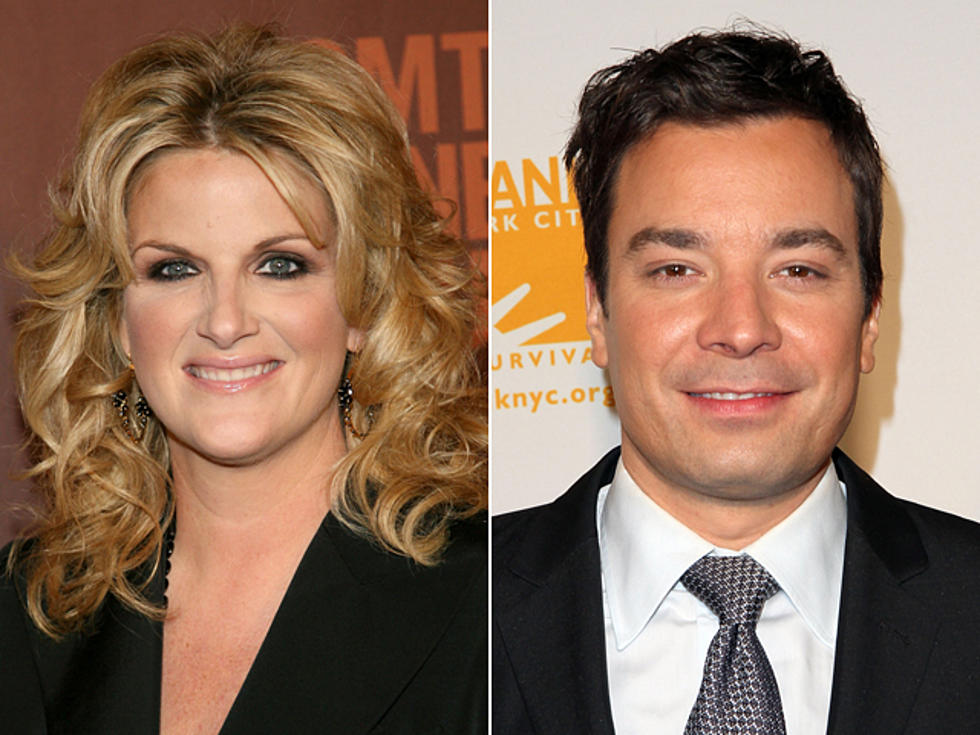
Television’s Dr. Oz Causes Furor After Saying There Are High Arsenic Levels in Juice
Emmy-winning TV doctor Dr. Mehmet Oz — better known as simply Dr. Oz. — is under fire for airing a segment on his show Wednesday in which he said lab testing found “troubling levels” of arsenic in many brands of juice, even while tests done by the Food and Drug Administration on the same batches of juice contradicted his findings.
On Thursday, Dr. Richard Besser, one of Oz’s former medical school classmates and a former acting head of the Centers for Disease Control and Prevention, appeared on ‘Good Morning America’ and said Oz’s report was “extremely irresponsible” and akin to “yelling ‘Fire!’ in a movie theater.”
The FDA claims Oz’s tests are misleading because he failed to differentiate between the two types of arsenic — organic and inorganic. Organic arsenic is essentially harmless, while inorganic arsenic, found in pesticides, can be toxic and carcinogenic if consumed in large amounts or over long periods of time.
Tests conducted by the FDA and by Nestle USA, maker of Juicy Juice under the Gerber brand, also found a lower total amount of arsenic — two-to-six parts per billion, as opposed to the 36 that Oz’s show said it found.
Both the FDA and Nestle warned Oz before the airing of his controversial show episode that his tests were “unreliable at best.”
In a version of Oz’s report posted on his website, he went on to say, “American apple juice is made from apple concentrate, 60 percent of which is imported from China. Other countries may use pesticides that contain arsenic, a heavy metal known to cause cancer.”
In an interview, a spokesman for Oz’s show, Tim Sullivan, said that while further tests will distinguish organic from inorganic arsenic in juice samples, Oz doesn’t think organic arsenic is safe either. “The position of the show is that the total arsenic needs to be lower,” he said. “We did the tests. We stand by the results and we think the standards should be different.”
Oddly enough, Dr. Oz himself told the Associated Press he’d have no problem giving his own kids apple juice and he’s mainly concerned about the possible consequences of drinking it over a long period of time.
“There’s no question in my mind folks can continue drinking apple juice. … There have been no cases at all of kids being harmed by elevated levels of arsenic, and the kinds of numbers we are talking about are not high enough to cause acute injury,” he said.
[CBS News]
More From KMMS-KPRK 1450 AM
![64 Kids Found Stuffed Into Single Minivan [VIDEO]](http://townsquare.media/site/8/files/2011/09/66kidscrammedinvan.jpg?w=980&q=75)
![President Obama Reveals $3 Trillion Plan to Cut the Deficit [VIDEO]](http://townsquare.media/site/8/files/2011/09/obama.jpg?w=980&q=75)
![Horrific Crash at Reno Air Races Claims At Least Nine Lives [VIDEO]](http://townsquare.media/site/8/files/2011/09/renoaircrash.jpg?w=980&q=75)
![Jane Lynch’s 2011 Emmys Opening Number [VIDEO]](http://townsquare.media/site/8/files/2011/09/lynch.jpg?w=980&q=75)
![Presidential Address: Passing The Americans Jobs Act [VIDEO]](http://townsquare.media/site/8/files/2011/09/hqdefault.jpg?w=980&q=75)




